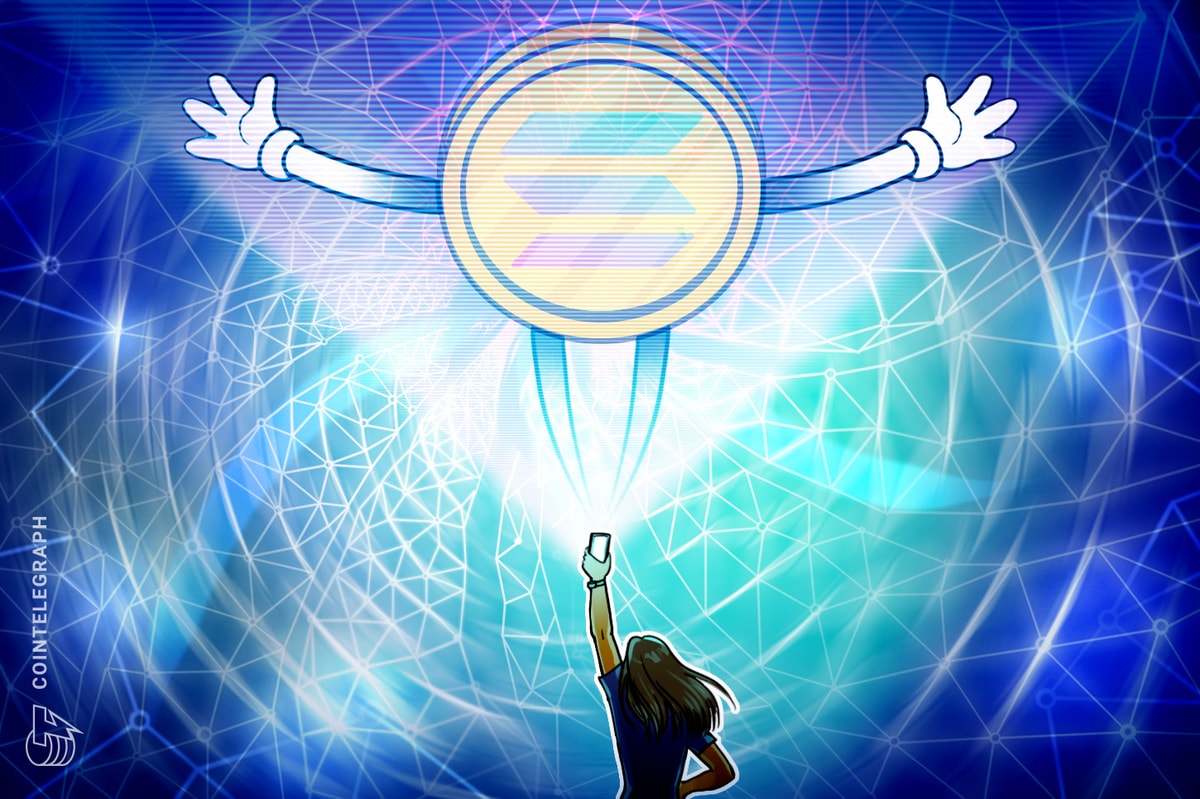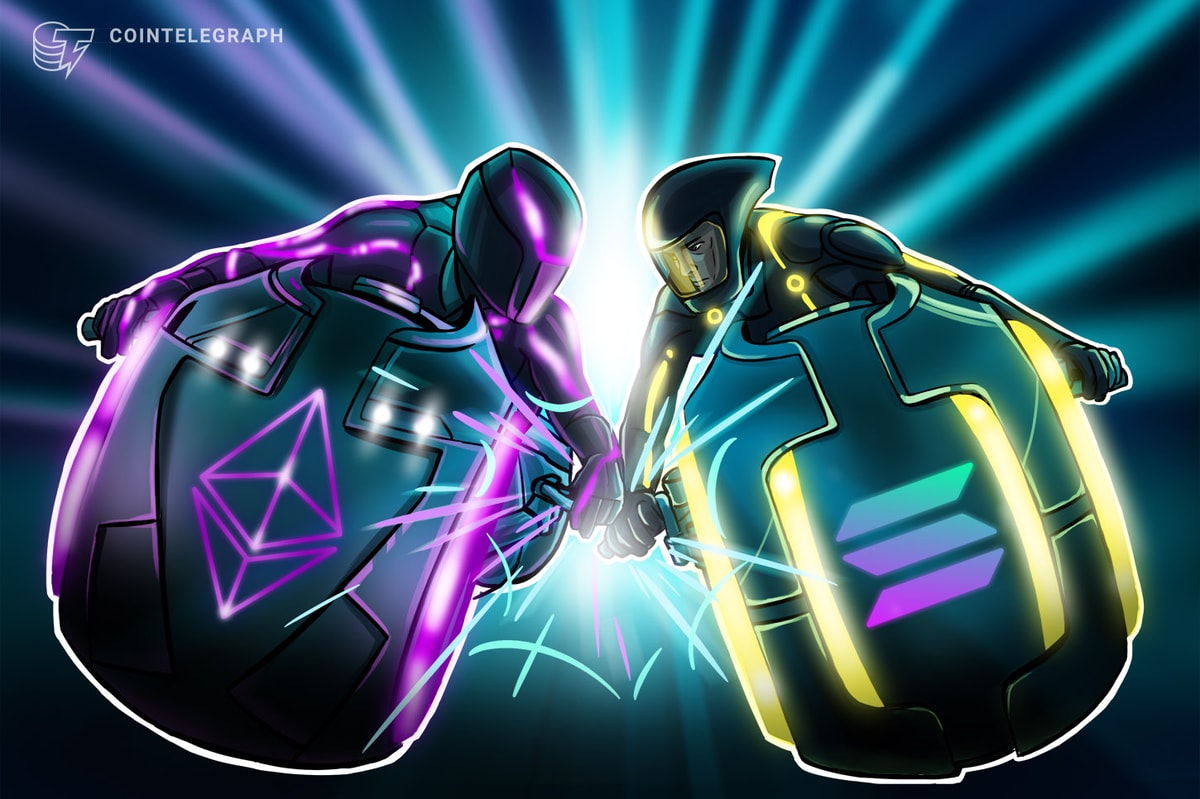Solana developers have created a quantum-resistant vault on the Solana blockchain to protect user funds from potential threats posed by quantum computers.
The “Solana Winternitz Vault” solution achieves this by implementing a complex hash-based signature system that generates new keys every time a transaction is made, explained cryptography researcher and Zeus Network chief scientist Dean Little in a Jan. 3 GitHub post.
Generating new private keys for each transaction should make it more difficult for quantum computers to plan a coordinated attack on any given set of public keys, which are exposed each time a transaction is signed.
Source: Dean Little
The Solana quantum-resistant feature is currently available as an optional addition, not a network-wide security upgrade. This means that Solana users must choose to store their funds in the Winternitz vaults, rather than their regular Solana wallets, to ensure their assets are protected against potential quantum threats.
How it works
The Winternitz vault first generates a new Winternitz keypair and computes the Keccak256 Merkle root of the public key.
A “split” vault consisting of a split and refund account is then created, where the user generates a Winternitz signature over a message containing the amount of “lamports” — the smallest denomination of the native cryptocurrency Solana (SOL) — that they want to transfer.
Once the transfer is completed, any remaining funds are transferred to the refund account and the vault is closed.
Related: Don't be afraid of quantum computers
The development could offer a degree of reassurance to many crypto investors who fear their cryptographically secured funds could one day be wiped out by an overpowering quantum computer.
Little seemingly poked fun at Bitcoin investor and commentator Fred Krueger, by sharing screenshots from a Dec. 19 X post in which Krueger said Solana would be the “first casualty” of quantum.
Source: Fred Krueger
Part of Ethereum’s technical roadmap includes implementing quantum-resistant solutions — however, one of Ethereum’s founders, Vitalik Buterin, is confident that quantum won’t pose any real threat for at least a decade.
“Even if ‘real’ quantum computers come soon, the day when regular people have quantum computers on their laptops or phones may well be decades after the day when powerful institutions get one that can crack elliptic curve cryptography,” Buterin said in October.
Magazine: Proposed change could save Ethereum from L2 ‘roadmap to hell’











